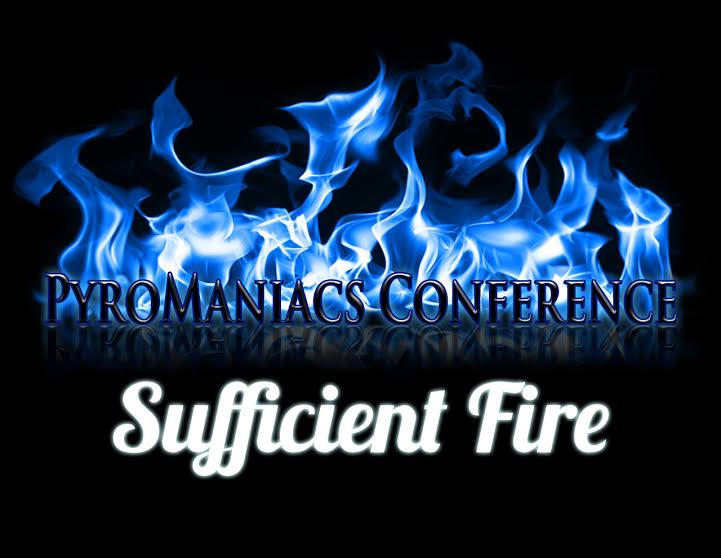And off we go. There may be updates, as usual, up to noon TX time.
- The murder of the 21 Egyptian Copts provoked a lot of heat, and debatable light, as to whether they should be classed as "Christians." Kevin DeYoung gives helpful historical and doctrinal framing. I've always appreciated how Kevin writes and speaks. The article includes some very nice turns of phrase, such as "It’s unclear whether Nestorius was actually a Nestorian." Then, later, "it’s unclear how much of Eutychianism came from Eutyches." History is hard.
- There is much interesting and informative push-back in the meta, and (as I think is customary), zero response thus far from Kevin. One of the respondents is a poor soul who self-identifies as a "coptic orthodox christian" [sic]. He does, I think, a great deal of damage to his own case, aggressively crusading against truths we all hold dear and essential and for practices we rightly condemn.
- But my personal fondness for DeYoung was increased by a particular phrase. My family (particularly my dear and only daughter) has had to wrestle with, and tease me for, my tendency to phrase things negatively. "Are you not going to finish that?" So imagine my joy in Kevin's wording here: "For my part, I’m unwilling to say the non-acceptance of Chalcedon is no big deal." Kevin, you are my brother.

Hate it when I fall asleep in Sunday School class. Now I'll be up through the whole sermon.
— Church Curmudgeon (@ChrchCurmudgeon) February 22, 2015
- Baronelle Stutzman is (A) a profile in courage and conviction, and (B) clearly not an "evangelical academic."
- Doug Wilson adds some excellent commentary.
- I wonder if The Gospel Coalition has blocked Wilson? They have to feel torn about him. He's a celebrity and witty... but has edges and little patience with pretentious frippery.
This week: Can You Be Both Roman Catholic & Reformed?
Next Week: Can You Be Both Ku Klux Klan & non-racist?
Next: Are Some Qs Just Stupid?
— Dan Phillips (@BibChr) February 27, 2015
- If you didn't see the kids doing Zep, y'oughta.
- Well, Who Doesn't? Alert:
- The smiling Scot, Prof. David Murray, offers ten Biblical formulas to cultivate a more joyous, positive attitude.
- Murray also pointed to Brad Hambrick's favorite posts on anxiety.
- This Wednesday's text in Psalm 3 will take me into the arena of the imprecatory prayers in the psalms. Some recent thoughts on that were offered at Reformation 21, and by Barry York.
- The living breathing fog machine that is Rob Bell has rhetorically attempted to ennoble his amorous pursuit of the present age by framing homosexuality and its specifics as a cure for "loneliness" and a species of "love." Anyone who opposes, we're told, is overfond of 2000-year-old letters. Michael J. Kruger responds, winning the internet for the day by quoting from the movie Tombstone.
- Also, as to the appeal to "love" you might remind yourself of this. As to his sneering denigration of God's word, this.
- Everyone who attended Sufficient Fire is ready to answer this sad, unintended confession of ineptitude from Anne Graham Lotz:
- Deuced thing about "the slippery slope fallacy" is how individuals keep providing illustrations of its non-fallaciousness. Like John Walton.
- This fellow has been one of my most effective (if unwitting) salesmen so far:
This pastor read #TWTG...and HATED it! "Terribly disappointing"! See why: http://t.co/4soSC9xS1k
— Dan Phillips (@BibChr) February 23, 2015

































